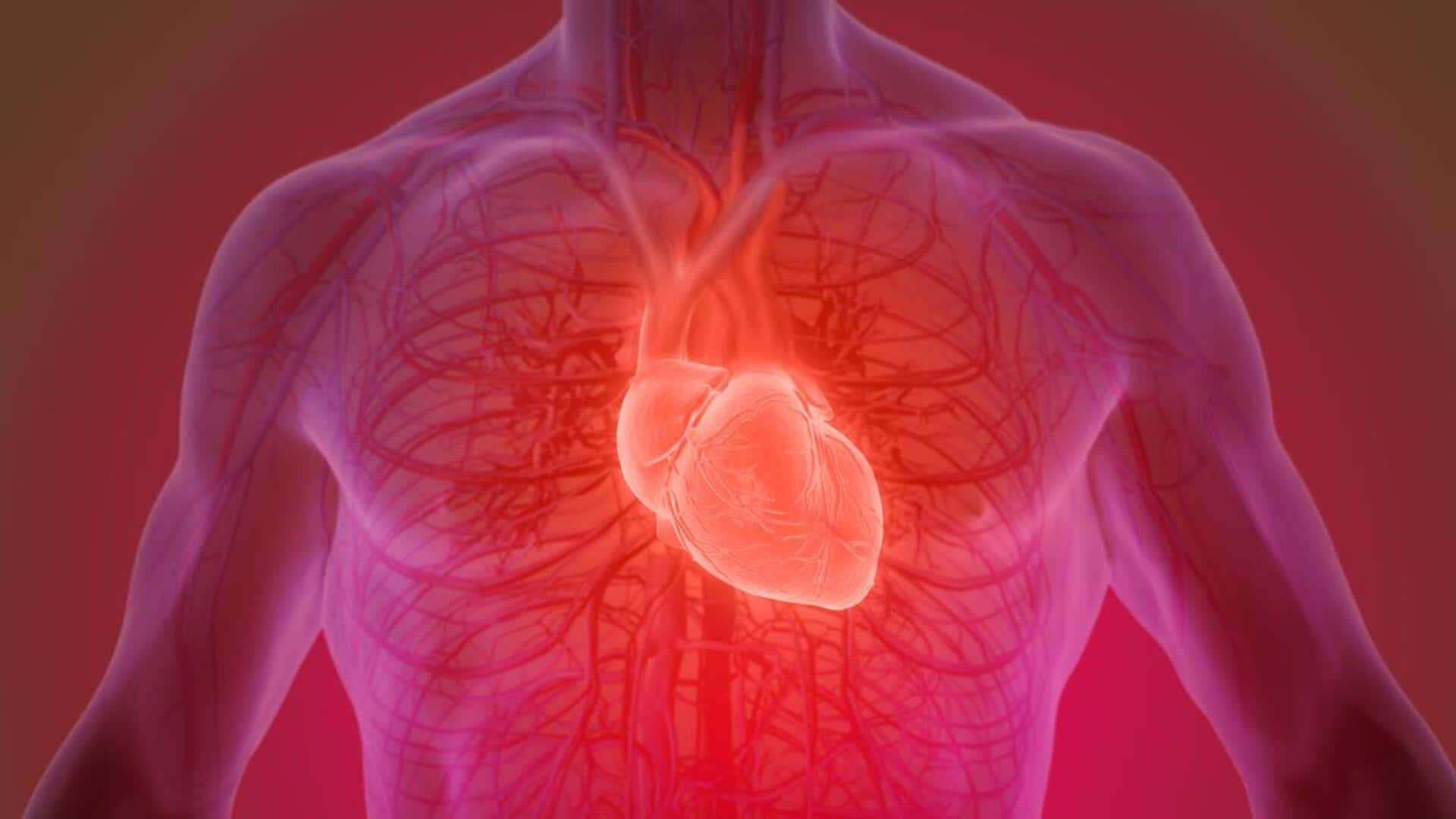
Why heart cancer is so rare compared to other types
What's the story
Cancer is a disease caused by uncontrolled cell division, and it can occur in any part of the body. However, some areas like the heart are less prone to this condition. Research shows that only three in 10,000 people develop heart cancer. This is starkly different from breast cancer, which affects one in every 20 women. So why does the heart resist?
Cellular resilience
Heart cells divide less often than other body parts
Heart cells have unique characteristics that make them highly resistant to cancer. As per Julie Phillippi, an Associate Professor of Cardiothoracic Surgery and Bioengineering at the University of Pittsburgh, this resistance is mainly due to the low rate of cell division in adult hearts. After birth, heart cells divide very few times, and this significantly reduces after age 20. In fact, less than half of the heart cells are replaced during an average human life.
Cancer protection
Less exposure to carcinogens also helps
The low rate of cell division in the adult heart is likely its main defense against cancer. The less often a cell divides, the fewer chances there are for errors during DNA replication. Also, the heart's location in the chest protects it from direct exposure to cancer-causing factors like UV light or inhaled substances.
Repair challenges
Heart cancer can still occur, especially in older adults
While the heart's low rate of cell division offers protection against cancer, it also reduces its ability to repair and replace cells damaged by disease, injury, or aging. Despite this resistance, tumors can still form in the heart. These are usually due to cancer cells spreading from other parts of the body (metastasis). Certain skin cancers or chest cancers are more likely to spread to the heart.
Treatment strategies
Cancer that starts in the heart is often fatal
When heart tumors do occur, they can be aggressive and more serious than other cancers. A study analyzing heart cancer cases in the US found that patients who underwent surgery and chemotherapy survived longer than those who didn't. This highlights the importance of a multi-disciplinary approach in successful cancer care, which includes palliative care for pain relief and integrative medicine considering the mind-body-spirit connection.
Regeneration insights
Research can help understand why hearts don't heal after injuries
Studying how heart cells divide and what changes this process can provide valuable insights into disease mechanisms and potential treatment strategies. For instance, research on heart cell division has shed light on why the heart doesn't heal well after a heart attack. Despite having more dividing cells than healthy hearts, failing hearts struggle to recover fully without assistance.